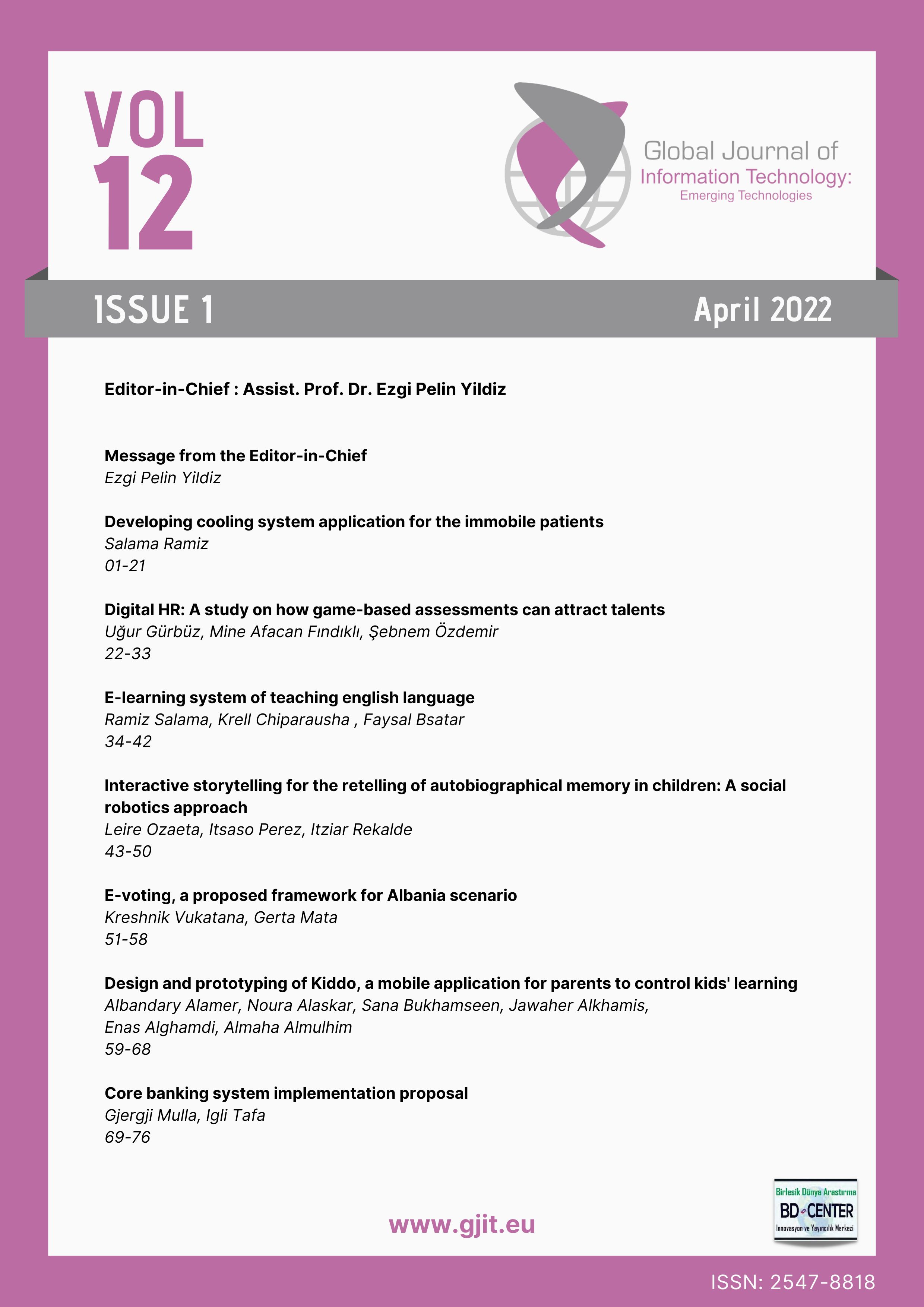E-voting, a proposed framework for Albania scenario
Main Article Content
Abstract
Albania has held elections with a paper-based system for many years now. However, with the innovative technological developments that have taken place in the country, there is the possibility to apply these technologies to better impact the voting process. This study aims to propose an electronic voting architecture, using a hybrid solution that integrates voting kiosks within the country and online voting for Albanian citizens living abroad. The study uses a review of the literature method. This study analyses the voting process in Albania, focusing on two key issues: the accuracy of the process and the impossibility of voting for the citizens living outside the country. The electronic voting process through electronic voting machines and online systems are analyzed as new technological approaches to address and solve the issues mentioned above. From the study, electronic voting process implementation has a higher cost. Moreover, to evaluate the feasibility of the system implementation, a detailed analysis of costs is needed, security requirements specifications, and a legal framework.
Keywords: Devices; DRE; elections; e-voting; E2E.
Downloads
Article Details

This work is licensed under a Creative Commons Attribution 4.0 International License.
Authors who publish with this journal agree to the following terms:- Authors retain copyright and grant the journal right of first publication with the work simultaneously licensed under a Creative Commons Attribution License that allows others to share the work with an acknowledgement of the work's authorship and initial publication in this journal.
- Authors are able to enter into separate, additional contractual arrangements for the non-exclusive distribution of the journal's published version of the work (e.g., post it to an institutional repository or publish it in a book), with an acknowledgement of its initial publication in this journal.
- Authors are permitted and encouraged to post their work online (e.g., in institutional repositories or on their website) prior to and during the submission process, as it can lead to productive exchanges, as well as earlier and greater citation of published work (See The Effect of Open Access).
